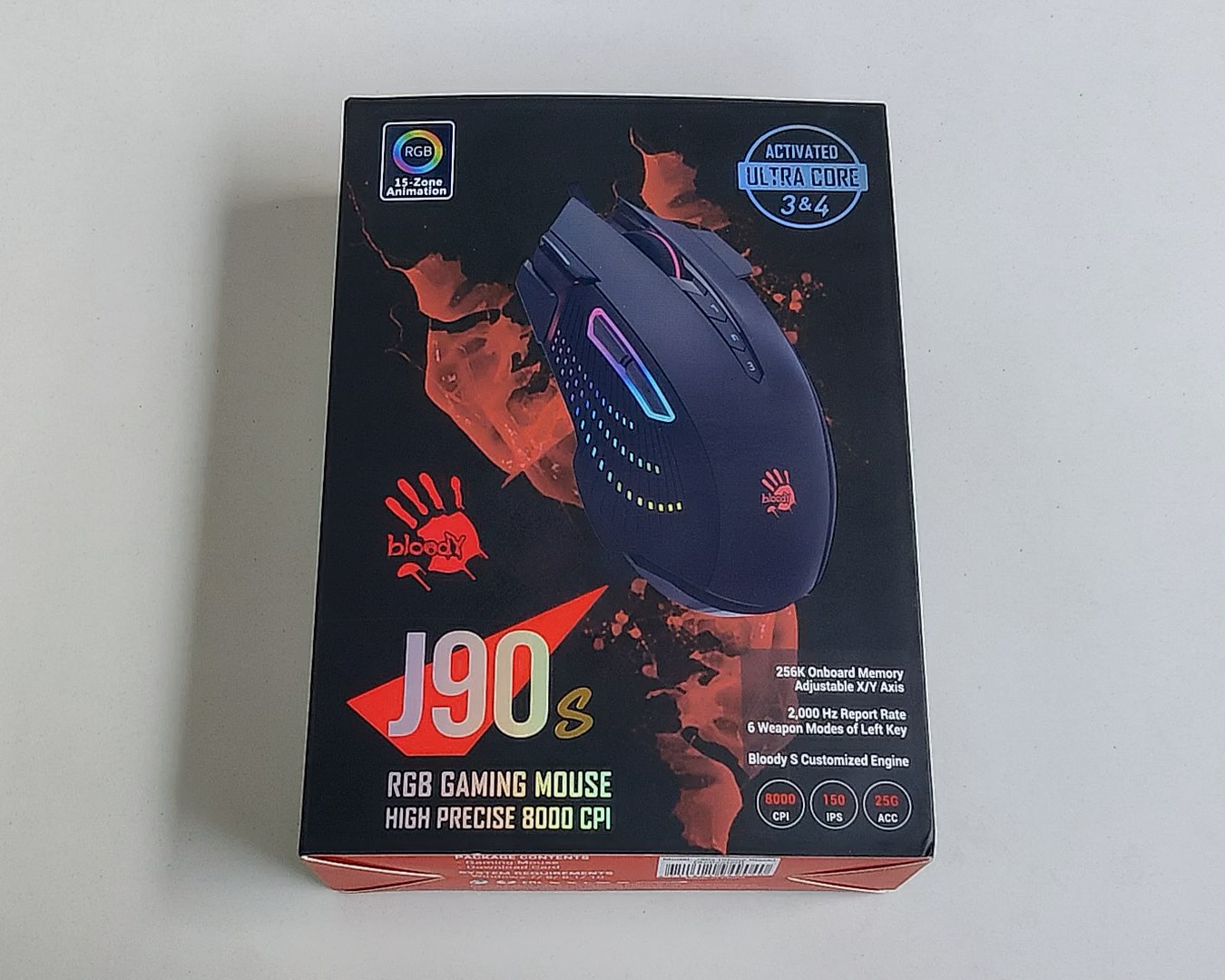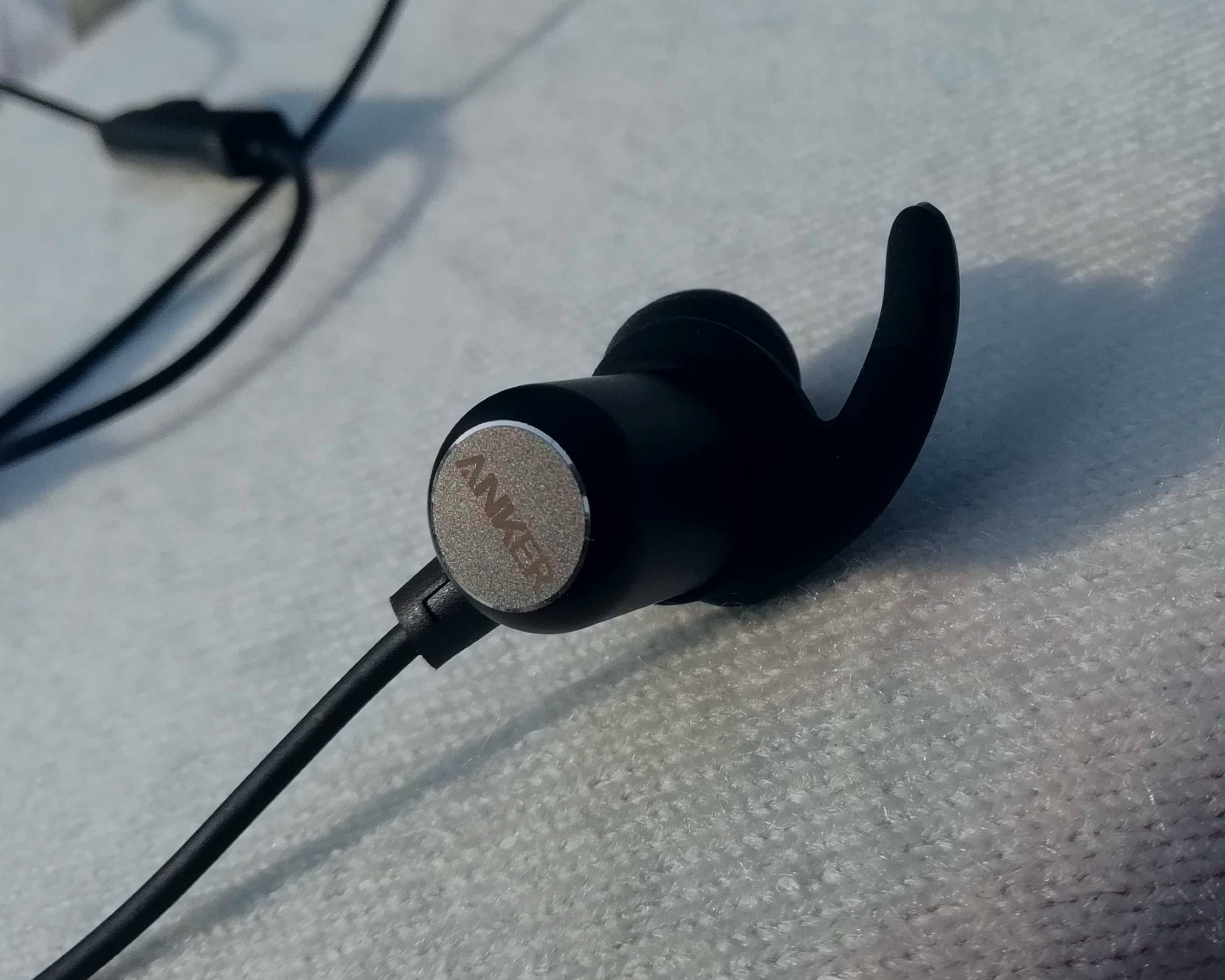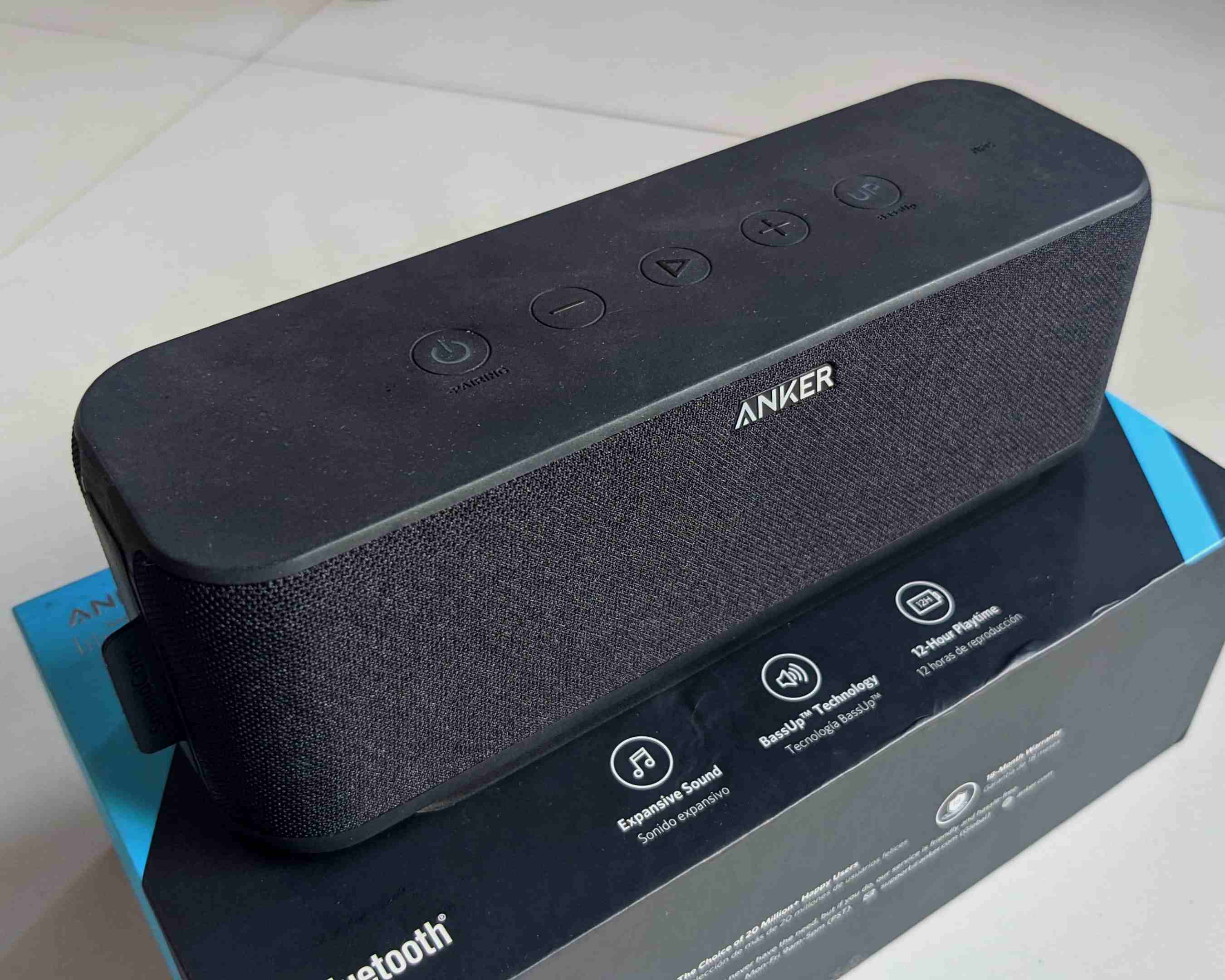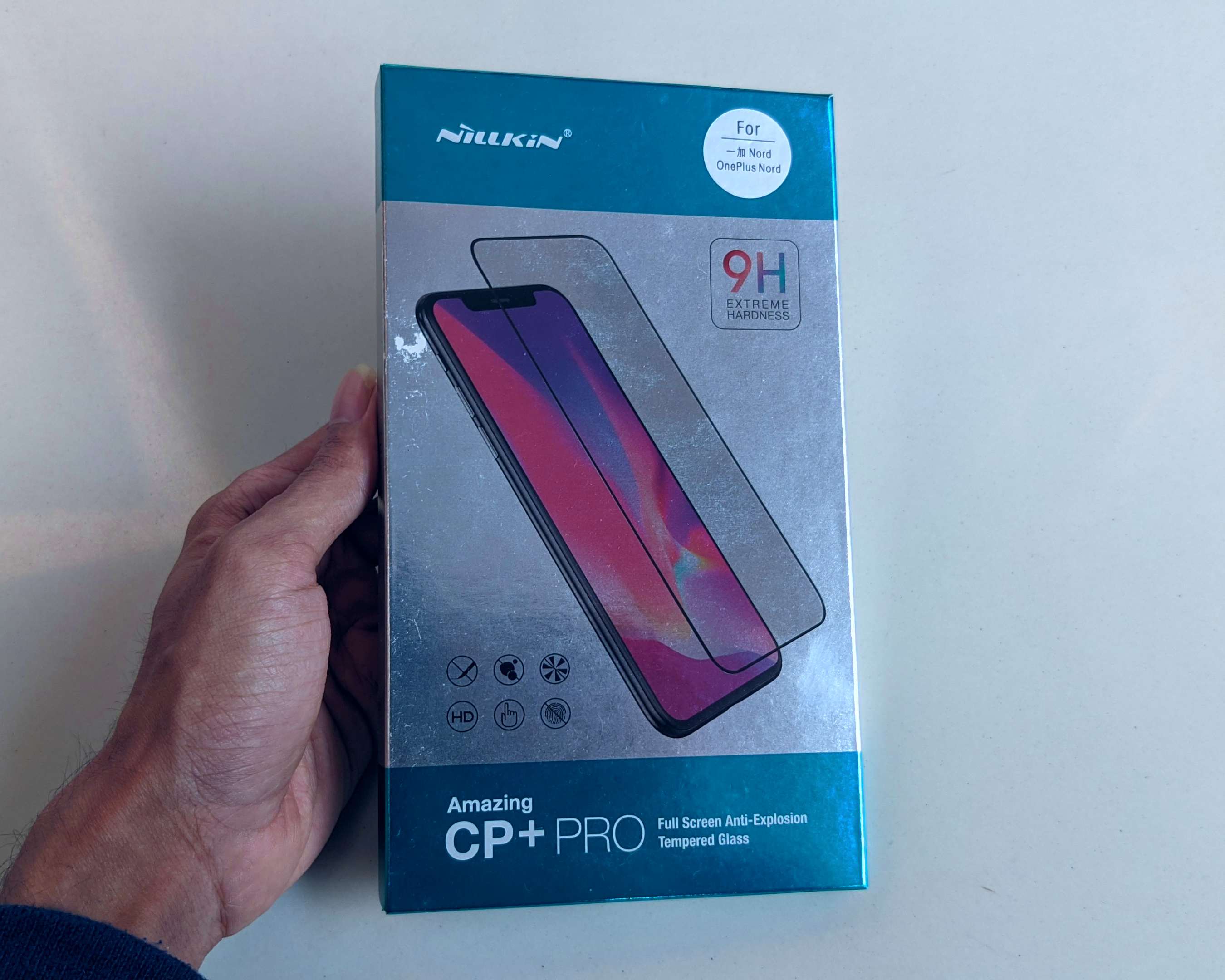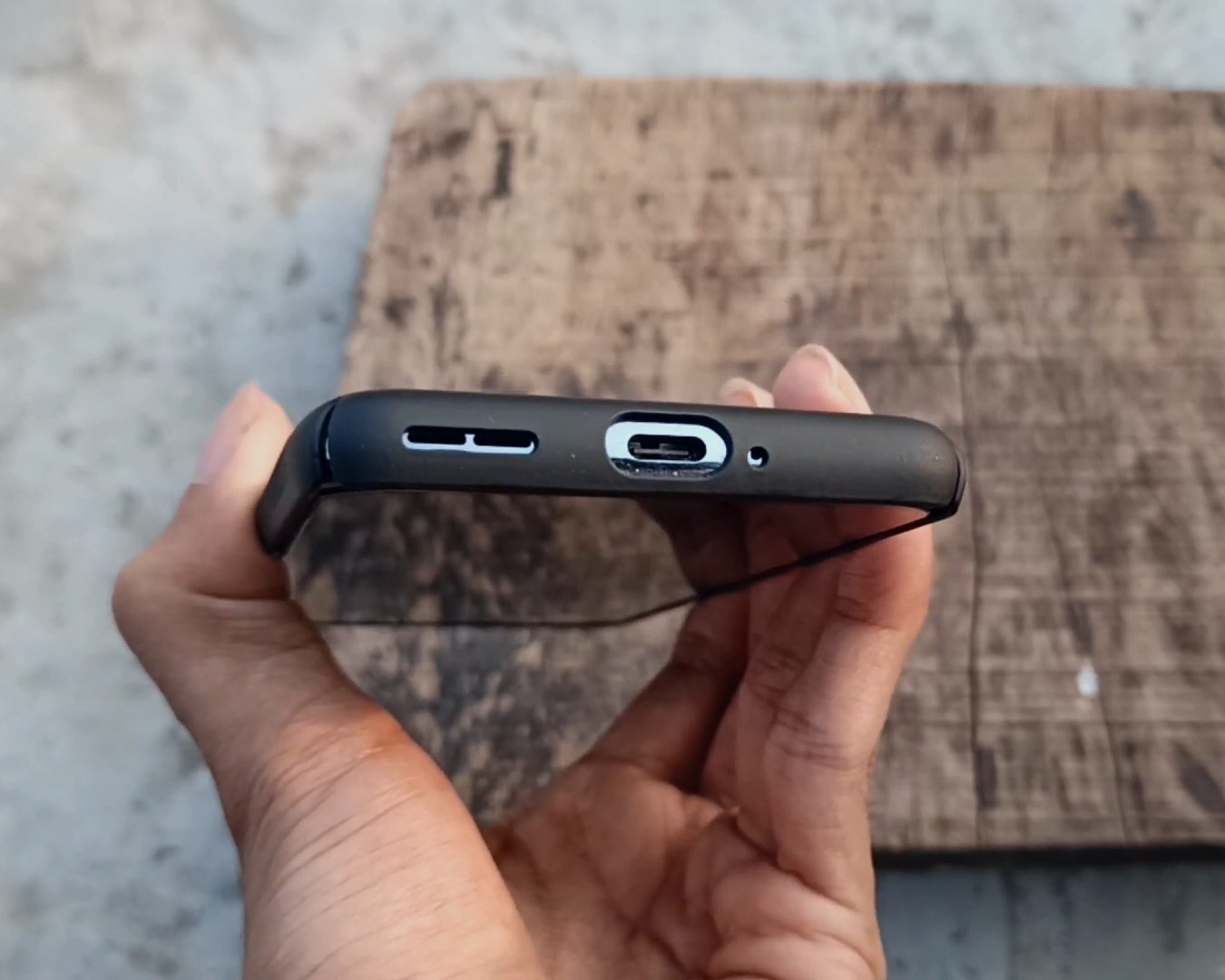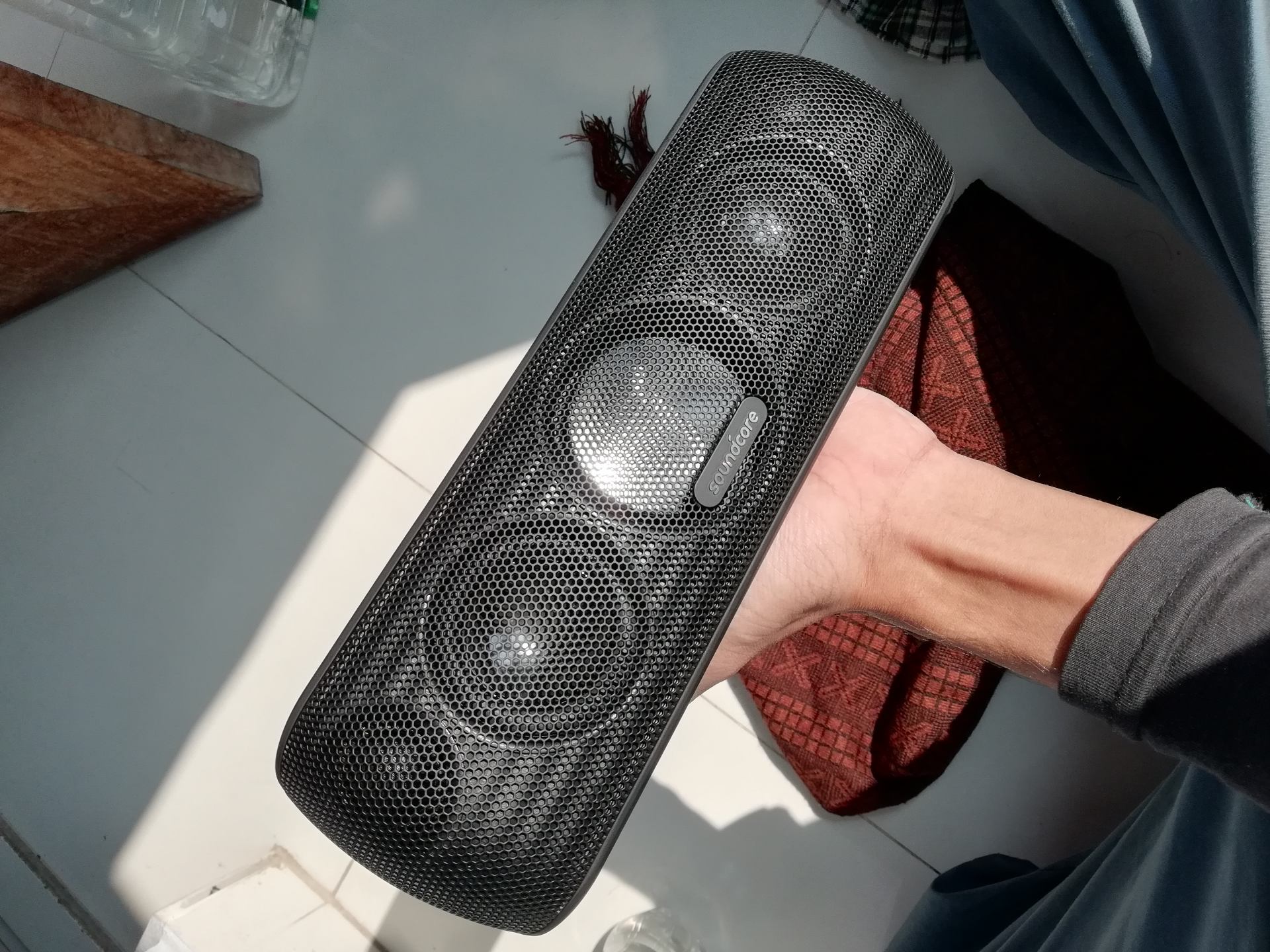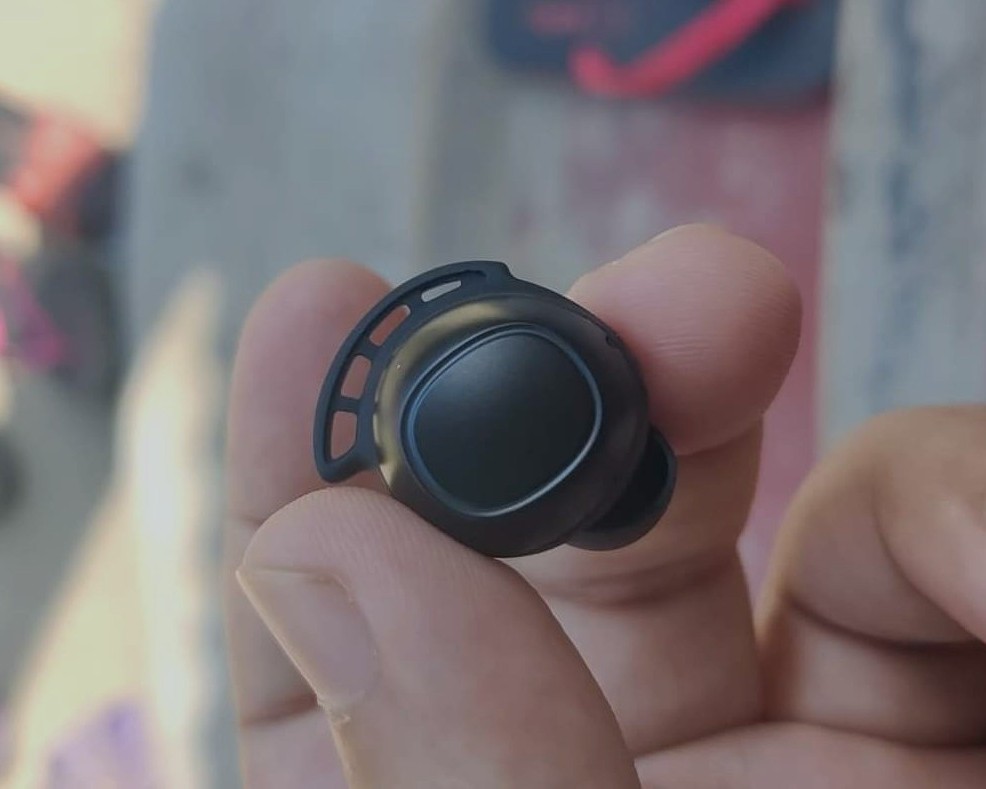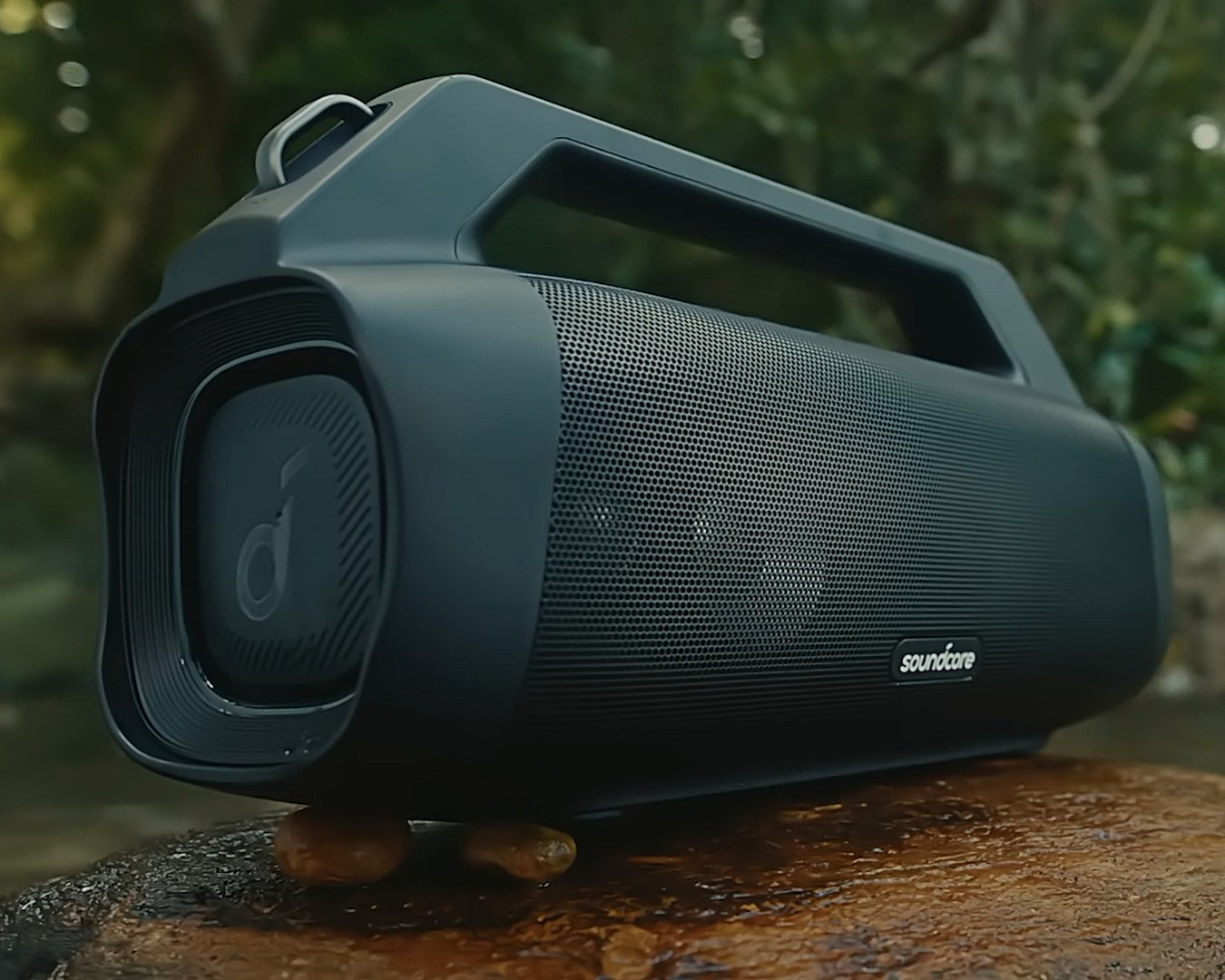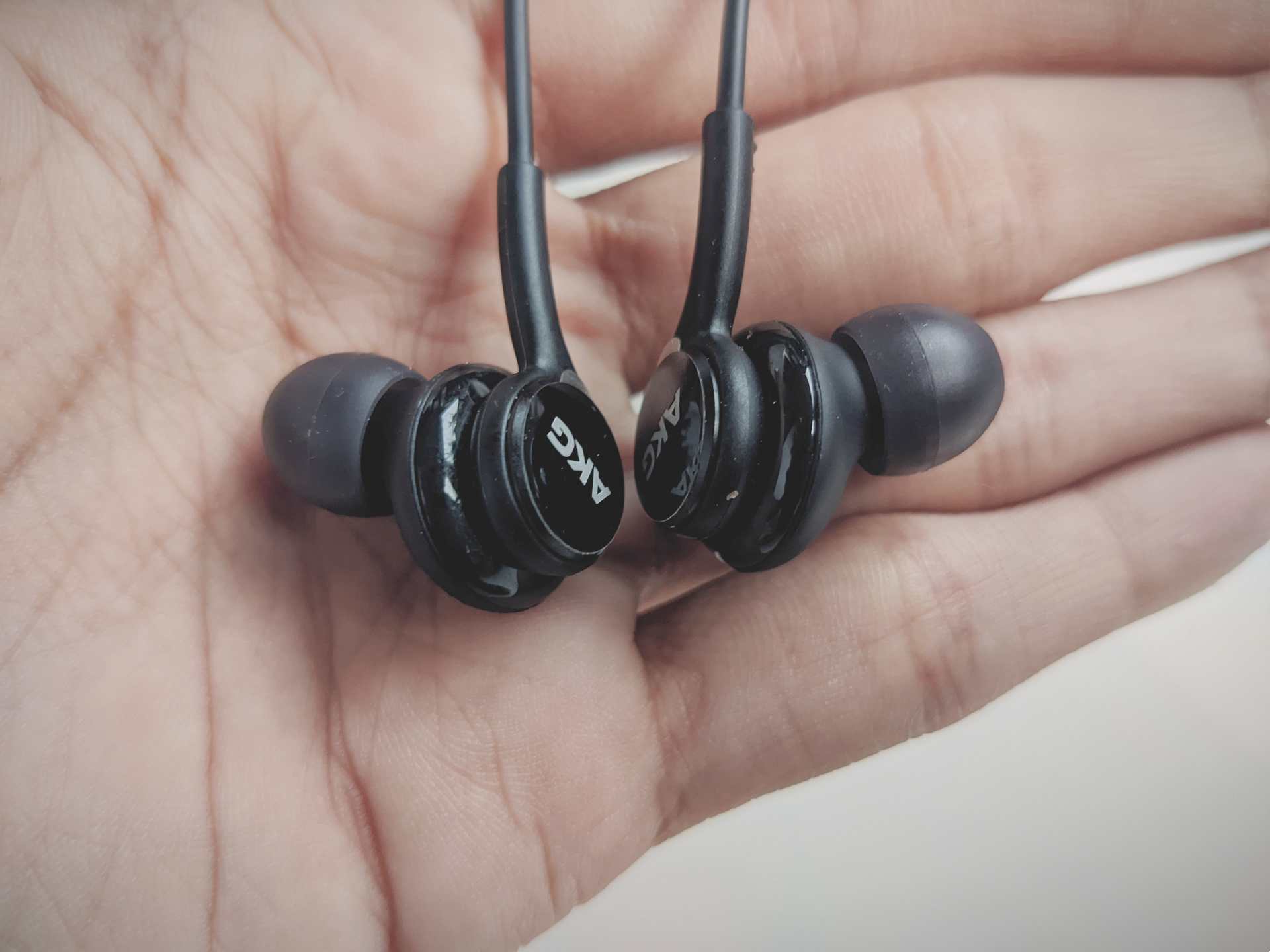JBL Flip 7 vs JBL Charge 6 | Should you buy 2 units of Flip 6 instead
JBL Charge 6 is a clear winner in terms of sound quality, battery Wednesday, May 14, 2025 - by Soumya Roy
JBL Flip 7 and Charge 6 are both around $50 more than their previous model, which are Flip 6 and Charge 5. The comparison between Flip 7 and Charge 6 is not complex. However, the comparison between Flip 7 and Flip 6 was tough enough when considering an upgrade. This article compares the Flip 7 and Charge 6, two speakers from different JBL series, offering insights that make it worth your time. So, I am going to answer some tough questions in this not-so-tough comparison. You are gonna get answers on “should you buy 2 units of JBL Flip 6 instead of a Flip 7 or Charge 6” or “should you buy 2 units of JBL Charge 5 instead of a Charge 6” type of questions. Read the full article, you will get what you desire.
Overall Thoughts
The Charge 6 is a clear winner as it has a much bigger battery that lasts almost twice as long as the Flip 7 at around a similar average comparable volume. On top of that, the sound quality is miles better on the JBL Charge 6 speaker with extended deeper bass that you can feel slightly. The Flip 7 wins in portability by being much smaller, but both speakers are pretty portable, as they are within mid-sized speakers. I will wait a little, save more money, and buy the Charge 6 over Flip 7. Based on my research and analysis of sound tests and user reviews, I will give them a 7.0 rating out of 10. Check out the sound quality section for scenarios like 2 Flips vs 1 Charge and more.
Inside-the-box
The outside packaging of both looks like a typical JBL standard quality packaging, like their previous models. However, there are significant changes on the inside, especially in terms of material usage, protection and presentation. The main differences are in the accessories and the molds that hold the speaker in place for protection. Charge 6 is using more environment-friendly recyclable cardboard molds. On the other hand, the Flip 7 is using some white material that can be foam inserts, plastic or paper molds. But by the look of it, the Charge 6’s brown cardboard mold looks more thoughtful and recyclable.
THESE G-ADS ARE SAFE AND INFORMATIVE - PLEASE
Disable Ad BlockeR
The speakers are placed inside securely, the protection is good on both. Their accessories and paperwork are being presented similarly inside a small paper box. None of them has a Type-C cable in the box. Flip 7 has a carabiner vs the Charge 6 has a carrying handle strap included in the box. The pushlock wrist strap is already installed on the Flip 7 speaker, but you will need to install the handle-strap by yourself when you need it on the Charge 6. Overall, both have good packaging with useful stuffs. Check the manual of Charge 6 & Flip 7. Also, check out the offers from Amazon.com for the JBL Flip 7 and JBL Charge 6.
Design and Build
The design and build are very similar between the Flip 7 and Charge 6, outside of their size difference. But looking closely, you will find noticeable design differences. The main difference with a quick look is gonna be the carrying mechanism difference. The Flip 7 has a brand new interchangeable pushlock wrist strap system vs the Charge 6 has a buckle and clasp carrying handle strap that is also removable. However, the pushlock system on the Flip 7 is more advanced and way easier to replace. Flip 7’s pushlock mechanism has a metal build vs Charge 6’s old-school buckle and clasp system looks like a plastic build.
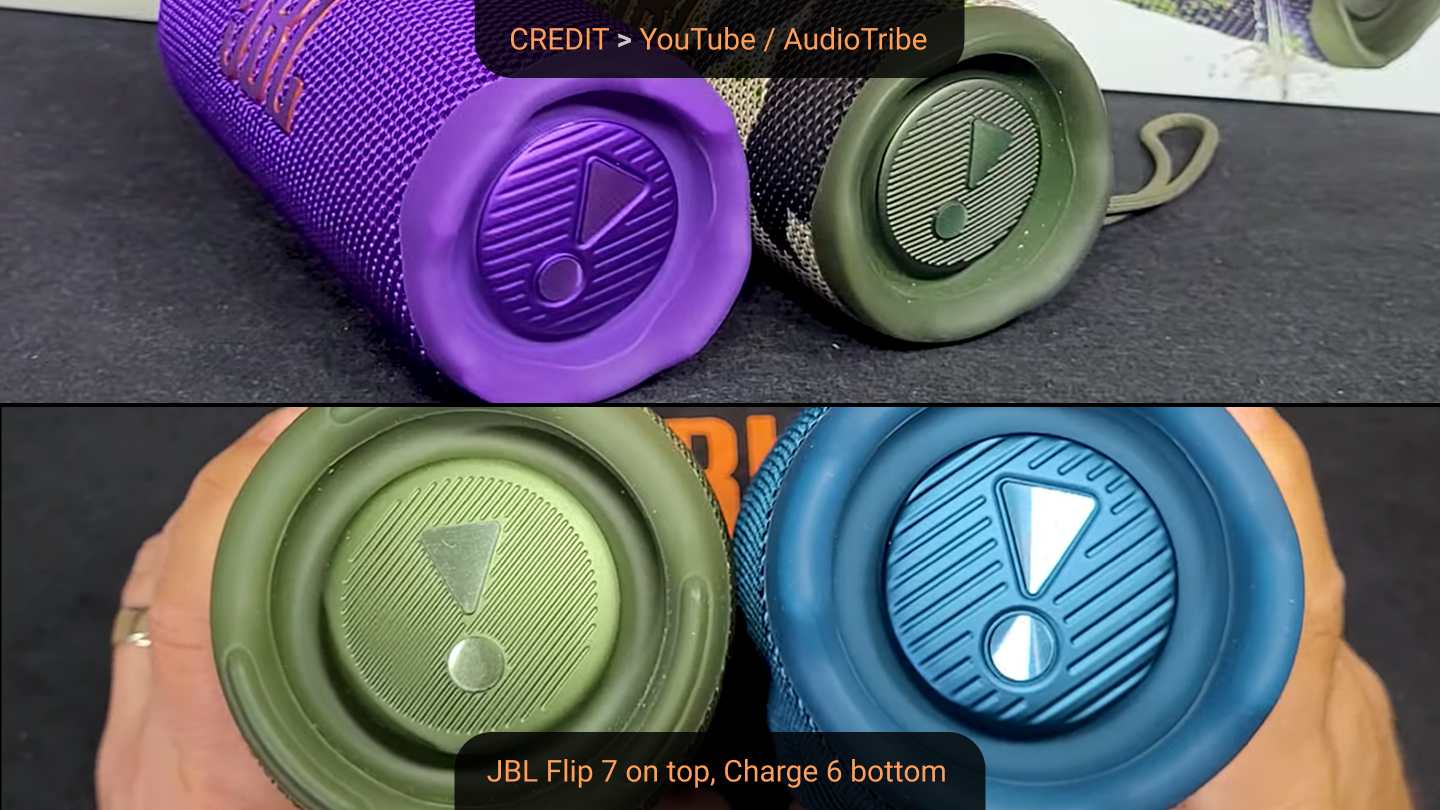
So, the Charge 6 is much heavier at 990 grams (with strap) vs the Flip 7’s 560 grams of weight. In my opinion, the plastic clasps on the heavier Charge 6 look less durable than the metal pushlock system on the lighter Flip 7. This is a minor quality issue on the Charge 6, but its handle strap doesn’t look cheap at all. There are some differences in the placement of buttons and ports. The bottom design is different, but the passive radiator design on both is pretty much the same, which looks cool, bold and appealing - crazy moves.
The build quality is very good on both because of their DNA resemblance. Both have an IP68 rating, and these 2 new 2025 speakers are drop-proof too, more on that in the features section. I like both of their design, and they are built really well to withstand rough situations. Both have design upgrades compared to their predecessors. The new passive radiator design is less professional compared to previous Flip 6 and Charge 5, but more cool and bold looking, which I prefer. They are exciting and beefy looking - no one loses here.
Hardware Upgrades
Both have decent improvements in the hardware department. The most important one is the same upgrade on both, which is related to the new Type-C port’s added functionality. You can now play lossless audio via the USB-C port like a wired connection. You can now use them as a standalone desktop speaker. But only the Charge 6 supports charge out, also known as the power bank feature. So, a clear win for Charge 6, the big one. On top of that, there is a proper battery upgrade on the Charge 6 speaker in terms of capacity.
These ads are safe, informative and interesting. Turn off ad-blocker for this website. Ad revenue helps to keep the site alive.
Please Disable Ad BlockeR
More battery info in the battery section. The Charge 6, being a much bigger speaker, kinda looks like twice the size of Flip 7, has much bigger beefier drivers and passive radiators to produce deeper bass. So, the JBL Flip 7 is rated at 35 watts RMS vs the Charge 6 is rated at 45 watts RMS, which helps the Charge 6 to hit the shore of sub-bass. For driver size, the JBL Flip 7 has a high-quality 45 x 80 mm woofer and a 16 mm tweeter vs the Charge 6 has a quality beefy 53 mm x 93 mm woofer and a 20 mm dome tweeter. Both have the same 1-woofer and 1-tweeter configuration and they are mono-sounding, not stereo.
Sound Quality - should u
Remember that neither of these 2 speakers can produce stereo sound. You lose a little sense of depth and immersiveness in these small to mid-sized speakers when compared to other brands’ stereo alternatives. The bigger the speaker gets, the less exciting it sounds being mono, like it's trying to throw a party but only one side showed up. Bigger stereo speakers offer more dynamic sound. However, it’s still possible to make a mono speaker sound very good and dynamic if the tuning is right. Charge 6 is the one more dynamic here.

Because of their mono nature, it’s more thoughtful and tasteful to buy 2 units and play them in stereo mode. I am gonna talk about this “2 units better” point a little bit later, let’s just take a look at the frequency response limitations of these JBL speakers - they’re known for good bass. The Charge 6 can go as low as 56 Hz in the sub-bass region. As declared in the official specs, the new JBL Flip 7 can produce 60 Hz - 20 kHz faithfully. The Flip 7’s punches sound like 70 Hz vs the Charge 6’s punches sound like 60 Hz, which is thicker and much deeper sounding. With the JBL Charge 6, you can actually feel some of the deep rumble slightly.
You will get a taste of sub-bass on the Charge 6, but no chance of getting that on the Flip 7. Pointing this out, as a small portable speaker, the JBL Flip 7 produces quality mid-bass, which is quite impressive for that small size. For tech enthusiasts, once you experience good well-rounded bass you don’t wanna go back to Flip 7 from Charge 6. You will love either of them if that’s gonna be your very first speaker. If you are coming from Charge 5, getting the Flip 7 will make you unhappy. But from Flip 6 to Charge 6 transition will definitely make you happy. The JBL Charge 6 is a clear winner in every aspect, including sound quality, when compared to the JBL Flip 7. Portability alone can’t give Flip 7 the crown.
These ads are safe, informative and interesting. Turn off ad-blocker for this website. Ad revenue helps to keep the site alive.
Please Disable Ad BlockeR
For more detailed info on the sound quality of these 2 portable Bluetooth speakers, check out Flip 7 vs Flip 6 and Charge 6 vs Charge 5 articles - lots of information there. So, to make it very simple, the Flip 7 is good for lower-level listening, below 65% volume. On the contrary, the Charge 6 is good for 40 to 80% volume, kinda like average to above average listening. Both sound bass-light at around maximum volume, but the Flip 7 is way more unlistenable. Both speakers have crisp, sparkly and detailed sound at their best-balanced performance. Because of more flexibility, like being able to listen at a louder volume, I will sacrifice a little bit of portability. Even if I’m short on money, I’ll wait to buy the Charge 6.
So, when should you buy 2 units of a portable BT speaker ..? Especially when the single unit produces mono sound. You can buy 2 units of the Flip 6 speaker at the same price of a JBL Charge 6. But this is not gonna happen with the new JBL Flip 7, as it is around $50 more. However, if you are choosing between 2 Flip 7 units and a Charge 6, go with the Flips if you mostly listen indoors at a low to medium volume. But if you often find yourself hanging out in the park, garden or backyard, buy a Charge 6. Now, what about 2 units of JBL Charge 5 vs a single JBL Charge 6 ..? This is important as the Charge 5 is $50 less.
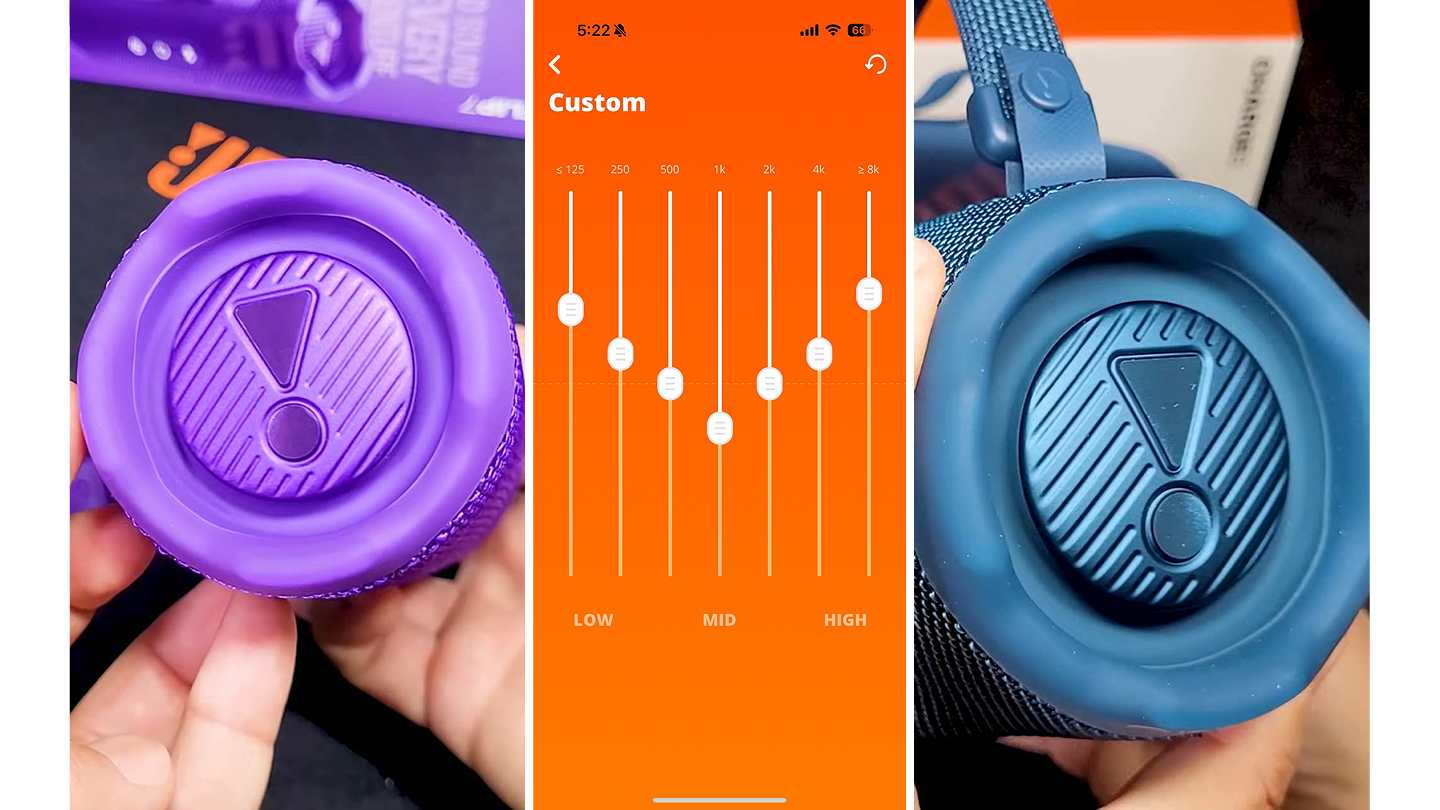
You should absolutely buy 2 JBL Charge 5 units if you are choosing between 2 Charge 5 speakers and 1 Charge 6 speaker. The sound quality is pretty much the same on both, mainly the Charge 6 is a bit louder at max. Same decision when deciding between 2 Flip 6 vs 1 Flip 7 speaker. For the title of this article, Charge 6 is a clear winner over Flip 7. If sound quality is very important for you, get the JBL Charge 6. However, if this is your first speaker, don’t have Flip 6 and portability is important to you, buying the Flip 7 is fine.
Features and Battery
The JBL Flip 7 and JBL Charge 6 share several modern features, yet each speaker is designed to serve slightly different user needs. Both models support Auracast for seamless multi-speaker pairing, unlike older JBL models with PartyBoost. Neither Flip 7 nor Charge 6 includes NFC for quick pairing, but both are equipped with Bluetooth 5.4 and offer the latest JBL Portable app integration. Each speaker also benefits from the newer AI Sound Boost and Playtime Boost technologies, plus the 7-band custom EQ in the app.
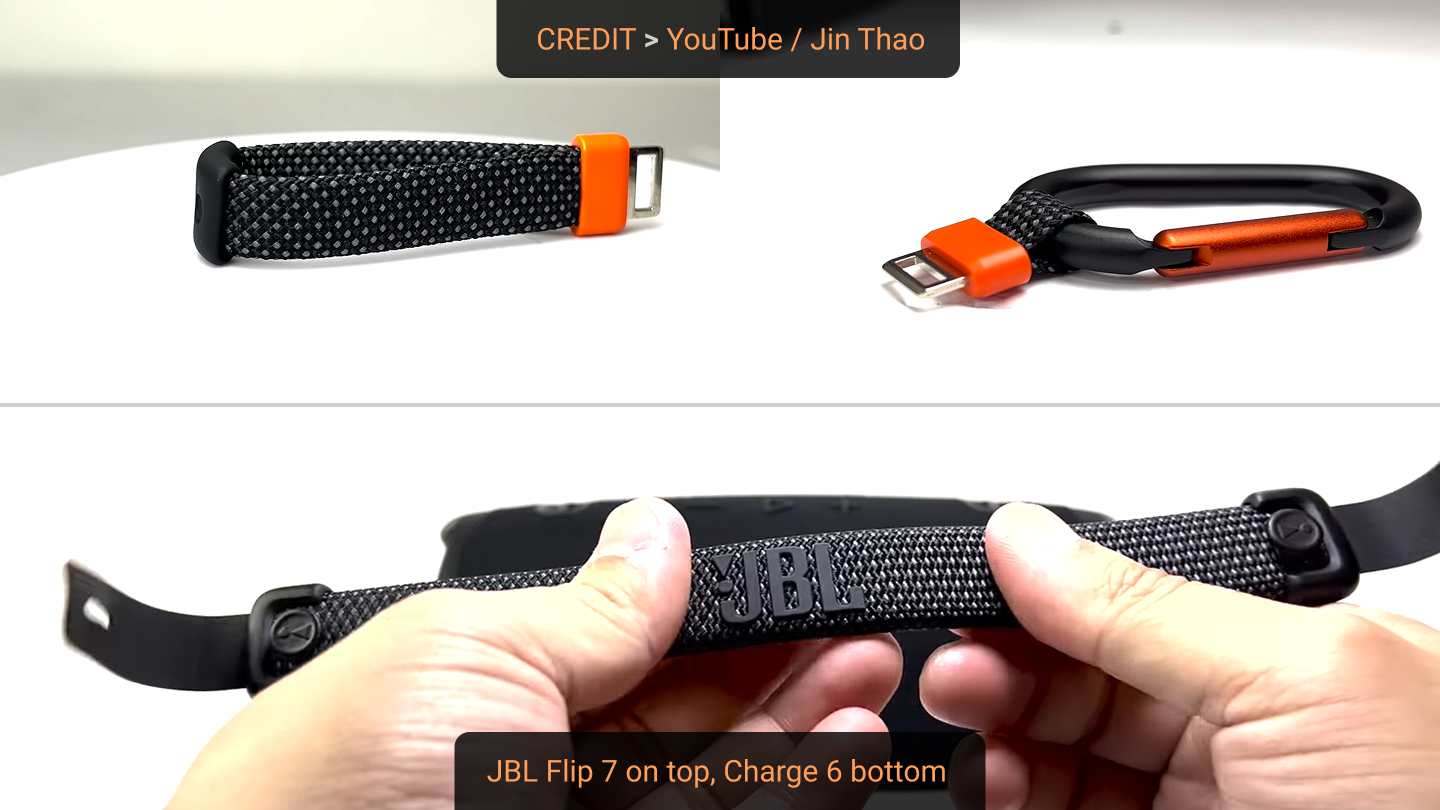
Design-wise, both the Flip 7 and Charge 6 are rated IP68, offering resistance against water, dust, and even accidental drops from up to one meter. A new handle/wrist strap adds convenience for portability in both models. However, the Flip 7 stands out with its compact form factor and emphasis on versatility for casual use, while the Charge 6 is built for those who need louder volume and longer listening sessions in outdoor or party settings. The Flip 7 focuses on portability and smart sound control, whereas the Charge 6 combines those with greater endurance and output strength - C6 can play sub-bass.
THESE G-ADS ARE SAFE AND INFORMATIVE - PLEASE
Disable Ad BlockeR
When it comes to battery specifications, the JBL Charge 6 holds a clear advantage in both capacity and efficiency. It uses a 34 Wh Li-ion polymer battery rated at 7.2V and 4722 mAh, compared to the Flip 7’s 17.43 Wh Li-ion battery at roughly 3.6V and 4800 mAh. Despite similar amp-hour figures, the higher voltage in the Charge 6 results in a noticeably higher energy capacity. The Charge 6 offers a substantial 24 hours of playback at around 50% volume, and up to 4 extra hours using the Playtime Boost feature. Additionally, its fast-charging ability delivers 150 minutes of playback from just a 10-minute charge.
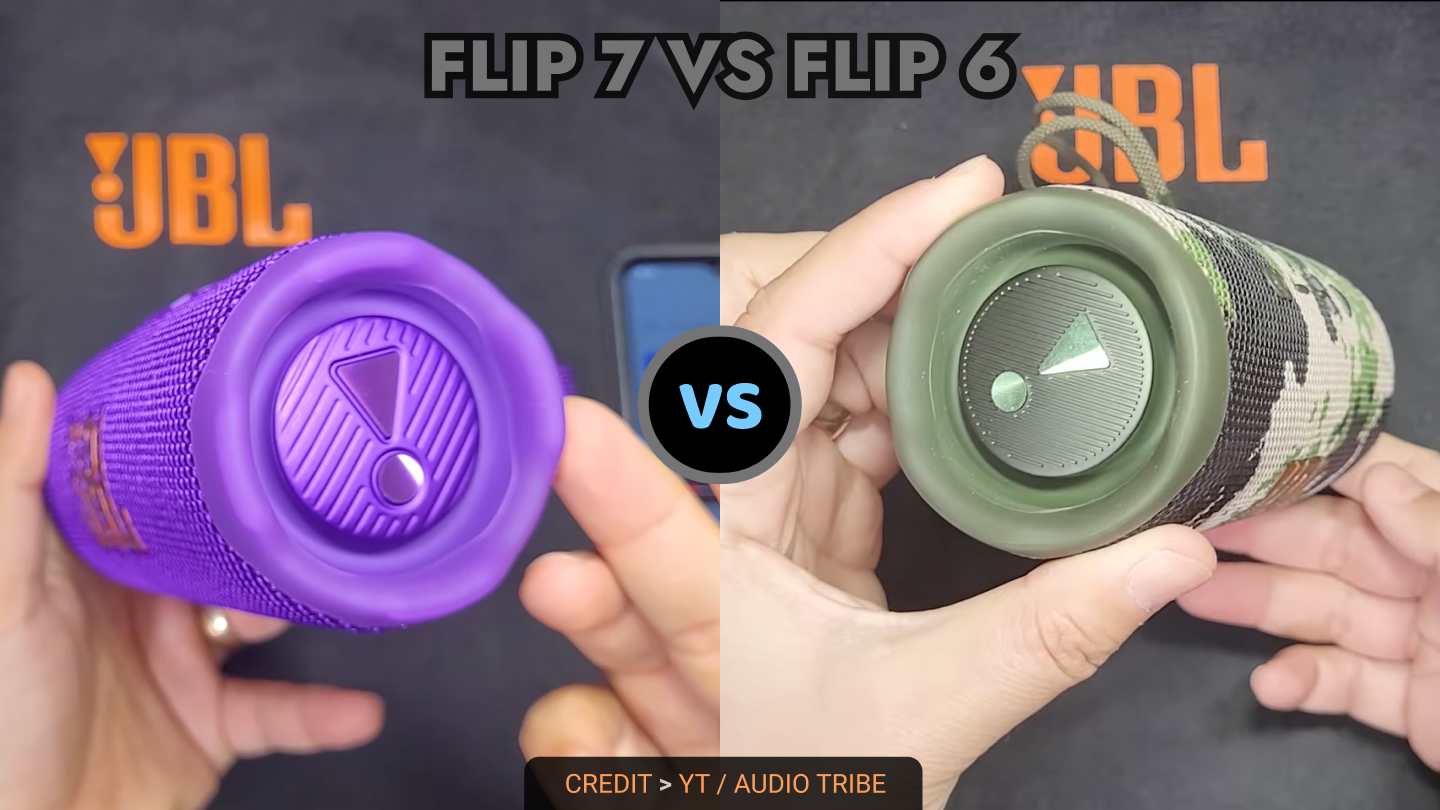
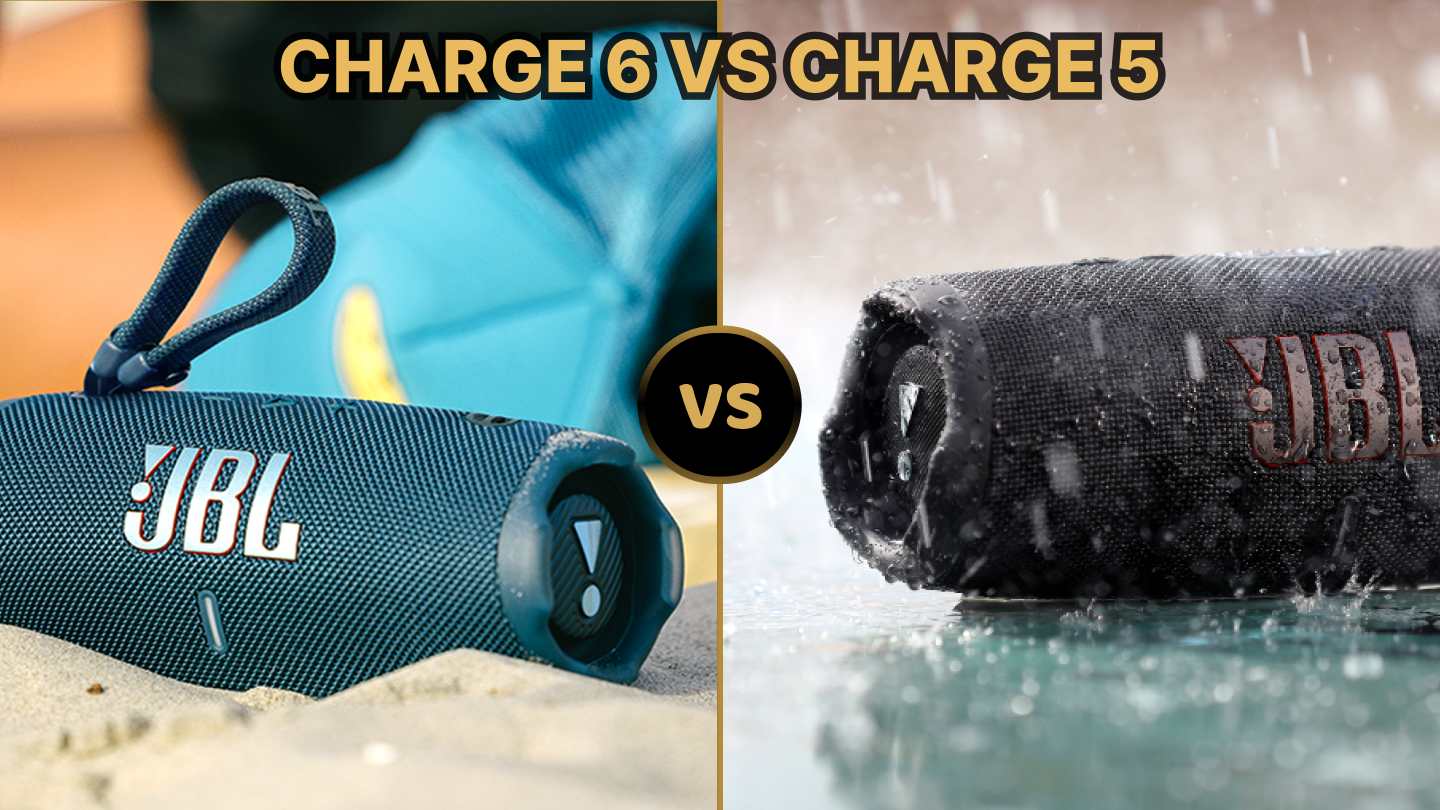
The Flip 7, on the other hand, offers 14 hours of playback under average use, but its performance degrades significantly at higher volume levels. While it technically has a slightly higher amp-hour battery (4800 mAh vs 4722 mAh), its lower Wh rating and sound output trade-off mean it drains much faster during intense usage. The Flip 7 requires 2.5 hours to charge fully at 5V / 3A, while the Charge 6, using a more powerful 12–20V / 3A input, takes about 3 hours to charge completely, despite its larger battery. Ultimately, for longer events or higher volume needs, Charge 6 is the more reliable option.
Conclusion - Charge 6
I think you should upgrade to the JBL Charge 6 if you have an old JBL Flip 6. Most people will choose the Charge 6 over the Flip 7 as both are portable enough. The JBL Charge 6 is miles ahead in a different league in terms of sound quality. The Flip 7 wins only for being half the size of Charge 6, which provides superior portability. These 2 are not-so-heavy type portable BT speakers, which is why sound quality matters more than portability. I only recommend JBL products to people who have deep pockets to afford pricy devices.
THESE G-ADS ARE SAFE AND INFORMATIVE - PLEASE
Disable Ad BlockeR
JBL is kinda like the company Apple in the realm of making audio products. They produce high-quality durable audio devices and sell them at a higher price than most other audio brands. So, the JBL Charge 6 and Flip 7 are considered expensive speakers compared to other established brands like Soundcore, Tribit and Earfun - they make good-quality affordable products. Check the “sound quality” section carefully for more recommendations. I would very much like it if you would check out the Soundcore Boom 2, Tribit Stormbox Lava, Earfun Uboom X and Uboom L speakers - I researched a lot about them.
I will recommend the Boom 2, Earfun Uboom X and L for pound-for-pound high value over JBL anytime. If you are encouraged by this article to check those value-for-money products, then I think the Uboom L can replace Flip 7 and the Boom 2 can replace Charge 6. The Boom 2 is good at both sound quality and aesthetics, has RGB lighting. Others are tame like the JBLs, don’t have pulsing RGB lighting. If you still wanna stick with JBLs, then check out the official page of JBL Charge 6 and Flip 7 - they are good but very pricy.
Check the JBL Flip 7 vs JBL Flip 6 story
IF you're interested in portable small speakers, check my Soundcore Motion 300 vs Bose Soundlink Flex article. Both did well in a head-to-head.
motion+ review article motion+ review youtube
nillkin super frosted matte case review
motion+ bass response
